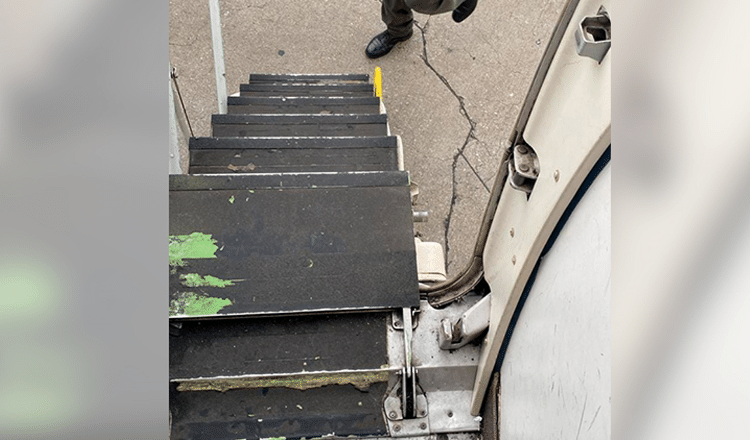
Former Voepass employees also reported — on condition of anonymity — that they had experienced parts shortages, which the company solved by removing them from one plane and putting them in another, as well as failures called “stalling” — a loss of airspeed and, in many cases, a temporary loss of support and control of the aircraft, Anak said.
The column asked LATAM if it might re-evaluate the trade agreement, in light of the reports regarding Voepass.
Answer: “The company explains that the commercial agreements for Share the code (Code Share) is common in Brazilian and international aviation. Currently, LATAM maintains Share the code With airlines around the world, including Voepass, the airline responsible for flight 2283. [que caiu na última sexta]”
The Latam website informs at the time of purchase that the flight will be operated by both companies and also informs the consumer of the joint operation via email.
However, many consumers are complaining on official government channels and on the Reclame Aqui website, claiming that they only found out that Voepass would be running a section at the airport.
When contacted about the allegations of aircraft instability, Voepass did not comment.



![[VÍDEO] Elton John’s final show in the UK has the crowd moving](https://www.lodivalleynews.com/wp-content/uploads/2023/06/Elton-John-1-690x600.jpg)

More Stories
The 4-day work week could become a reality for those who have a formal contract
Limpa Nome promises discounts of up to 99%.
Foz de Amazonas: Obama technicians recommend rejection – 10/29/2024 – Environment